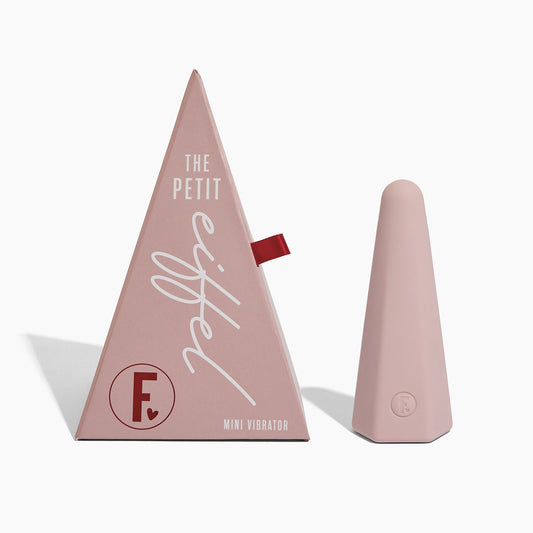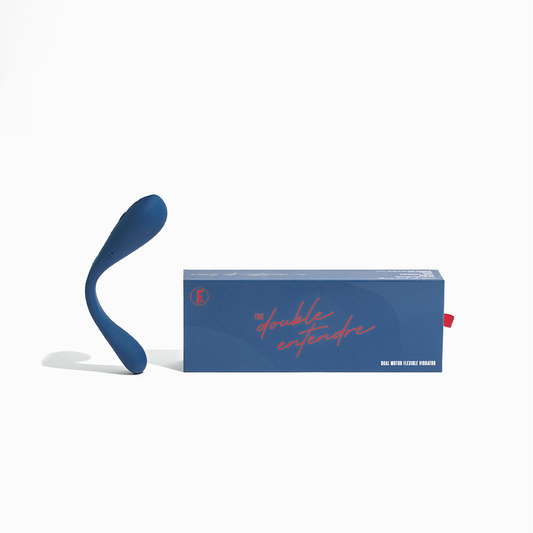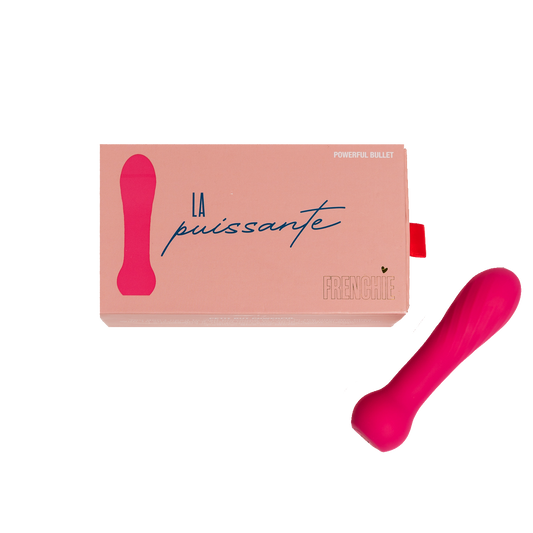The (Brain) Power of Love
Heartbreak can make us feel like we may never feel love again. But Emily deep dived into what happens to our brains during love, what causes heartbreak, and what we can do to manage it.

Why we should risk coping with heartbreak in the first place
The spike of interest in non-monogamous relationships and the fact that marriage rates have decreased significantly may have you wondering if “til death do us part” with a one true love is a realistic pathway to happiness or just a fallacy waiting to rear its head. After all, we fall out of lust, or the “honeymoon phase” after a short time, right? Sure, some experts say this pretty little thing called lust lasts for up to two years before reality kicks in (reference).
But fear not, both lust and love can be present in a relationship, and while you may not forever and always feel those heart flutters when you see your person, researchers have found the brain chemistry of some couples in long-term relationships (21 years on average, to be more specific), can still mirror that of those in new relationships. The study, published in June 2023, is the first to investigate the brain chemistry of those in long-term relationships and compare it to those in new ones. What they found was those in long-term relationships, who self-reported still being madly in love, experienced activation in the reward centers of the brain which had positive correlation to the length of their relationship. In other words, the longer their love had time to flourish, the closer and more in intimate love they felt. In fact, these lengthy relationships served as a foundation for sincere yearning for their partner, mirroring that of the intense need we feel for a loved one who has passed or the very serious and addictive nature of substance abuse.
Our brain in love
There are numerous studies showing how, physiologically, our systems sync up with the person we’re in love with. The earliest study exploring love on the brain was in 2005 (far before the release of Rihanna’s ballad). Participants experienced intense spikes in the release of dopamine (the feel-good hormone) when an individual was shown photos of someone they loved (reference). Our circadian rhythms regulate alongside each other, our heartbeats assimilate over time, and our brain waves actually sync up when given the same task (reference).
Humans are built to want, and need, connection. This is known as attachment, and is taught from the time we’re babies, when we’re reliant on carers and we therefore build an attachment to them. When in romantic love, we become attached to our lover(s). It becomes nothing short of an addiction, whereby we associate the connection with that person to the fulfilment of both our needs and wants.
So what happens when that attachment is taken away from us?
Our brain in heartbreak
Have you heard of takotsubo cardiomyopathy? Also known as broken heart syndrome, it enlarges the left ventricle of the heart and causes the muscle to weaken and therefore not pump blood as it usually would in a healthy state (reference). The term originates from Japan and was named after an earthquake in 2011, whereby the number of hospitalisations for heart attack increased exponentially. They attributed the rate of heart attack prevalence to intense loss and displacement; the detrimental effects of the natural disaster. Today, clinicians commonly accept the notion that what is going on in the emotional state can very well infiltrate the physical. About 5% of heart attacks are now being linked to takotsubo.
Even if we’re not being hospitalized for heartbreak, people entering those first dreadful stages of a breakup think about the person they were with during 85% of their waking hours (ouch). (Reference). What does that feel like? Nothing short of breaking an addiction, literally. The brain is recovering from heartbreak in many ways, which can feel something like this:
- I’m still in love, and looking at photos of that person makes me feel sick. I yearn for that person, our connection, and their touch.
- I’m doing things I wouldn’t usually do to give myself distractions and close off those intense, dreadful feelings that seem to be consuming my being. I may regret these later, but doing something is better than sitting in this feeling of doom.
- It feels like I’m suffering withdrawals. (Hint: you are).
Sound familiar? Our brains have neural circuits connected to those we love. When they’re no longer with us, be it due to death or a breakup, we need to rewire our brain and regulate our emotions to cope with the space they once filled. It’s what psychologists sometimes call “social pain,” which triggers intense emotions due to loss and the threat of disconnection (reference).
And so how do we cope?
Sure, you can tear the pictures off your wall, delete your texts, archive posts of him on Instagram. But what do the experts know can actually help ease the sorrow?
Researchers recently found that treating social pain the same as we would physical pain is effective. Taking an over-the-counter painkiller, anti addiction medication, resting, light exercise, meditation, and topical methods can help (reference).
For those of us who prefer to go the more natural route, social interaction, expelling those emotions (yes, this is where you might cry at the dinner table or go to a break room), practicing some self-care, exercising, eating nutritious foods, staying hydrated, and committing to putting your phone down for some self-love activities will help your brain get back to a more stable emotional state.
Heartbreak simply hurts, mentally and sometimes physically. We know quitting someone is no tiny feat. But, in the same way it can hurt when it’s over, it can intensify happiness when we have it. We have the capacity to love, to attach, and to welcome the range of human emotions. So, let it in, and should it come to an end, let it out.




